A Fundraiser for Gaza Hopes to Wake Up the Coffee Industry
For 18 months, the coffee industry has remained mostly silent about the ongoing destruction of Gaza. A new fundraiser hopes to raise money—and jolt the industry awake.
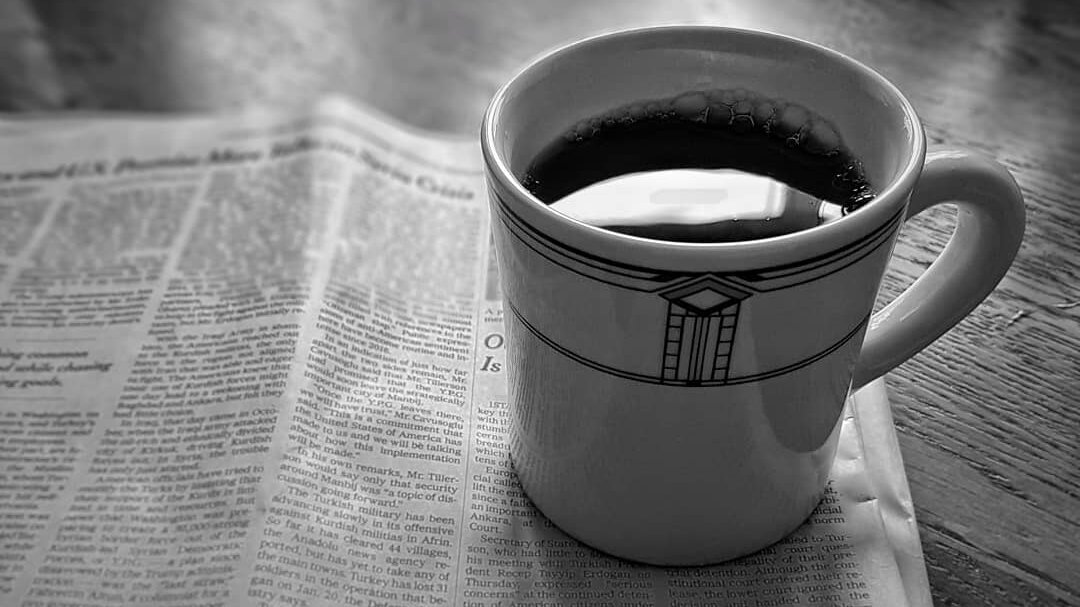
A diner mug rests on a folded newspaper sitting on a table. Via me.
Hello and welcome to another edition of the Coffee News Roundup. Let’s get right to, it shall we?
Over the past two weeks, the specialty coffee industry has been rocked by accounts of racism within some major—and previously widely respected—companies, including La Marzocco, Counter Culture Coffee, and Barista Hustle.
Sprudge, the industry leader in coffee news (and sometime publisher of yours truly) has been reporting on each of these stories, documenting the background, allegations, apologies (if they were forthcoming) and fallout.
I’m not going to write much about each one, because Sprudge has already done a superb job and there’s really nothing new I can add. However I encourage you to click through and read each piece, because these are important stories that our industry needs to address.
All three of these pieces are worth reading for their depth and fairness, and for how clearly they show a pervasive lack of accountability and diversity within the specialty coffee industry.
This shouldn’t be very surprising, given Starbucks’ less than stellar history of dealing with racism throughout its supply chain and within the company itself.
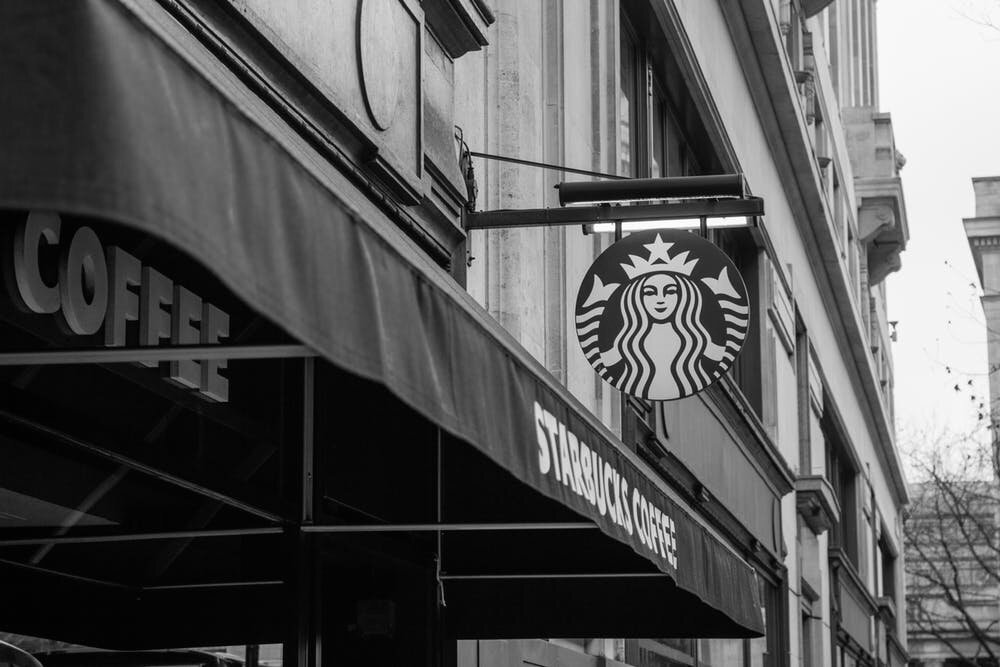
A Starbucks sign hangs above a cafe awning. Via Pexels
For example, there was the arrest of two Black men in a Philadelphia store in 2018 after an employee called the cops on them. Then there was the time in 2008 Starbucks worked with a contractor that used prison labor to package coffee. Also the slave labor found on coffee farms in Brazil that supplied Starbucks and others (including Nespresso, natch). This was six months ago. There was also the report, from just three months ago, that alleged Black baristas at Starbucks airport locations (operated by a third party) were paid less than their white colleagues.
This week, Starbucks baristas looking to support the Black Lives Matter movement and the ongoing protests were told that wearing pins or T-shirts in solidarity was against company dress code. According to Buzzfeed News, management told baristas that wearing such symbols of support “could be misunderstood and potentially incite violence”.
This is after Starbucks posted publicly in support of Black Lives Matter, which some baristas Buzzfeed spoke to found performative and hypocritical: “A barista on the east coast told BuzzFeed News that on the ground, the company is still working to preserve its image with customers to not disrupt sales.”
After significant backlash on social media and calls for a boycott, Starbucks quickly reversed its policy.
Read the full story here, and the follow-up story in the New York Times here.
Just in case you thought all of this was confined to the United States, this week in the UK Temple Coffee and Donuts became embroiled in controversy after half-heartedly apologizing to a former employee who claimed that she suffered ongoing racist abuse from a colleague.
Sabrina Said, who worked at the Leeds-based company for 3 months in 2018, documented a litany of racial abuse that was never dealt with, even though another employee also experienced similar abuse from the same person.
Temple, which had previously posted online in support of Black Lives Matter, issued a curt apology—“We are deeply sorry that someone has suffered while working for Temple. We have not only failed this employee but ourselves and our customers too”—and then shut down its social media accounts and website.
A day later it emerged that Temple co-owner Simon Erl had a history of racist and anti-Semitic posts on Instagram, along with neo-Nazi tattoos. He also owned a pair of swastika-patterned socks.
Just a quick update here, mostly because I’ve seen a whole lot of coffee companies on Instagram proudly posting about how they’re “fully open” and how “our team is so excited to serve you!”
First off, that’s a lie. No service industry worker is excited to risk their lives for a pittance in order to serve people coffee, but they can’t refuse or else they’ll lose their jobs and their benefits (if they have any). Secondly, we’re still in the middle of a pandemic. Hundreds, if not thousands, are still dying each day.
Here are some stories of coffee shops being forced to close because their employees tested positive for COVID-19. And that’s just the few I found after looking for thirty seconds. I’m sure there are more.
Nothing that I could find this week.
Consider donating to GoFundMes to help coffee farmers afflicted by floods and landslides in Rwanda and those in El Salvador and Guatemala who have been hit by tropical storm Amanda.
Because you know the big companies aren’t going to help.
Not if you’re a barista forced back to work to serve lattes to petulant customers who don’t tip or wear masks.
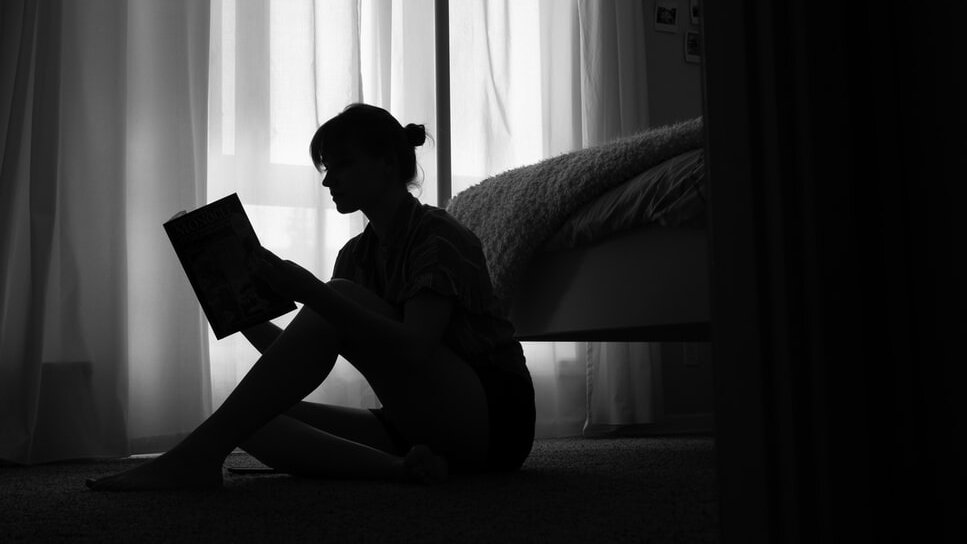
A person sits on the floor reading a book. via Unsplash
An Open Letter To The US Coffee Industry On Racism by Phyllis Johnson
Words from Coffee Communities of Color on BLM by Katrina Yentch
Support These Black-Owned Coffee Companies [Updating] by Sprudge Staff
Until next week, drink good coffee. Support Black-owned businesses. And for the love of crumcakes, wear a mask.
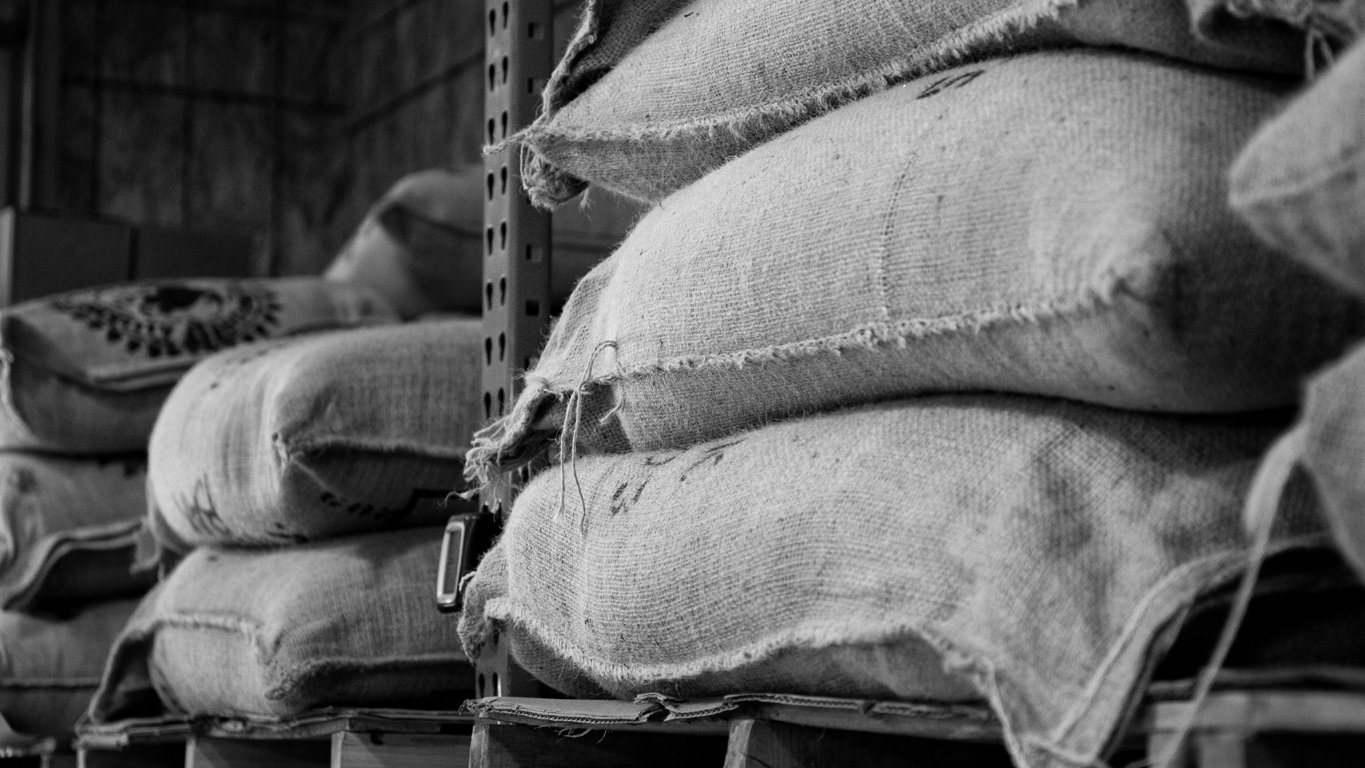
Nov 24, 2023 Connecting the Dots: Inside the 2023 Coffee Barometer Nov 24, 2023 Nov 24, 2023
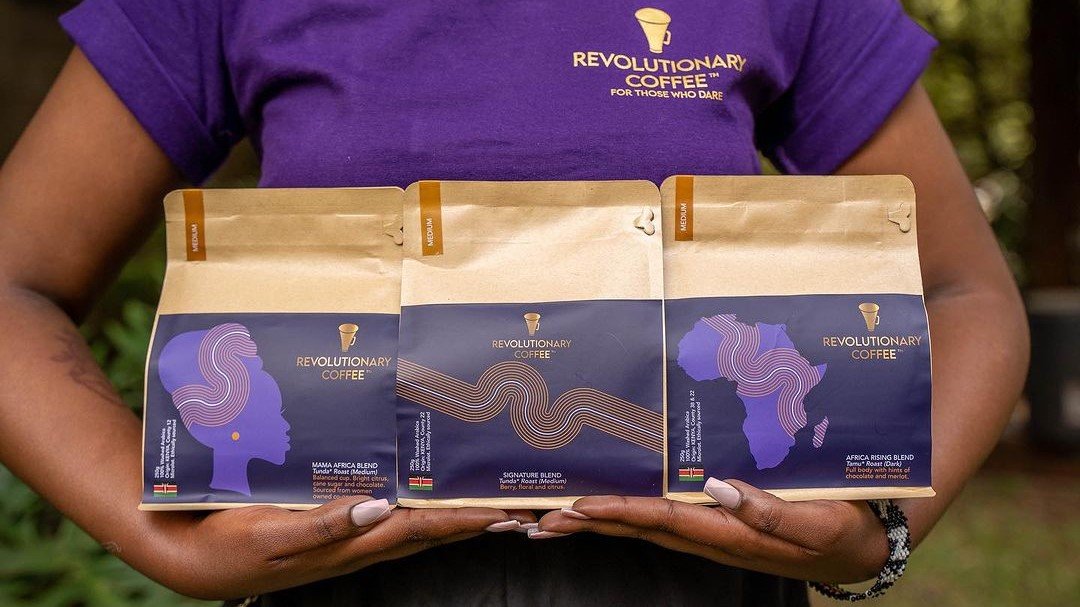
Oct 21, 2023 'Specialty Coffee Should be Enjoyed by Those Who Grow It': The Farmer's Daughter Joining Kenya's Coffee-drinking Revolution Oct 21, 2023 Oct 21, 2023
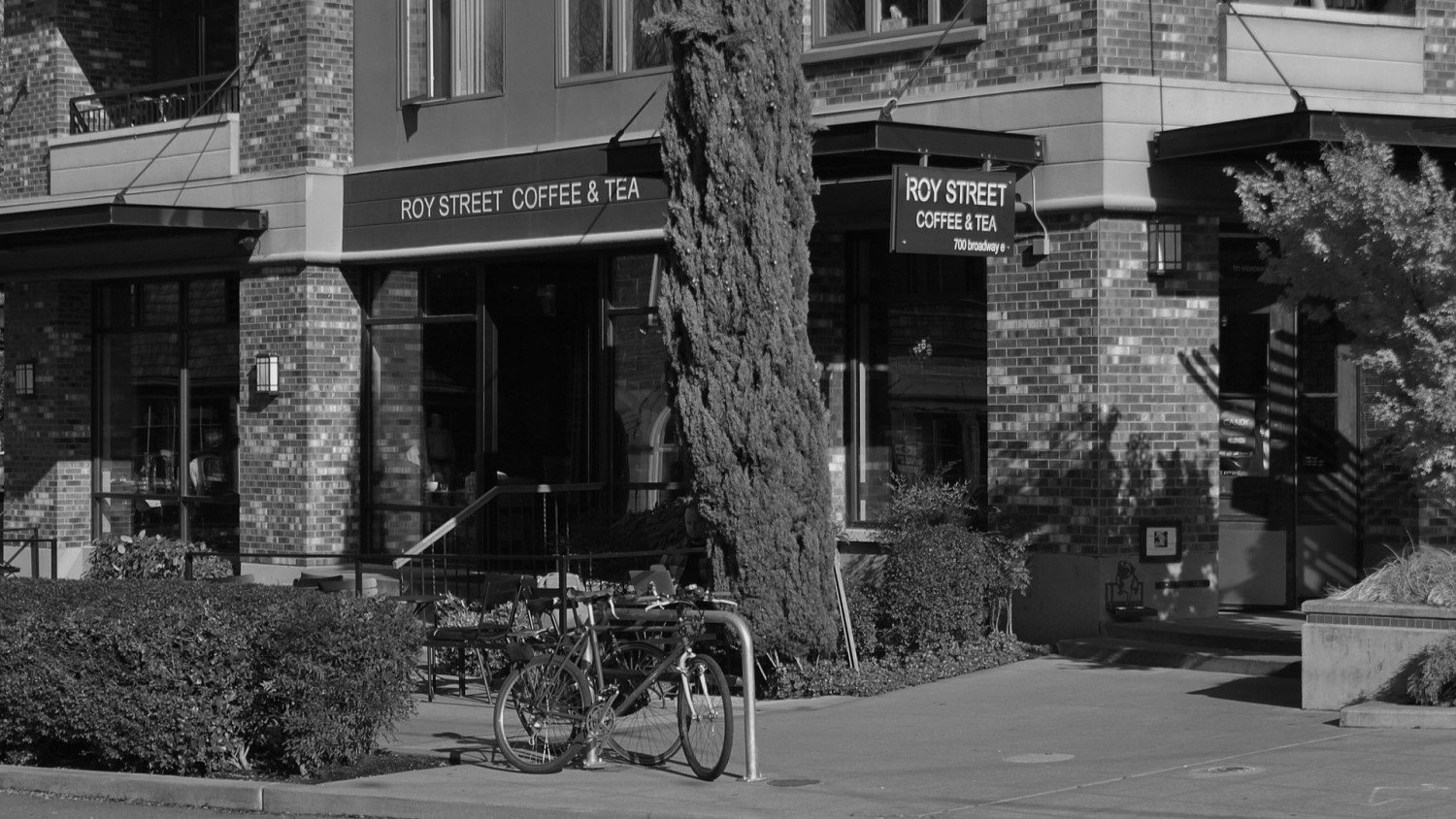
Oct 6, 2023 Stealth Starbucks: A Premonition of Modern Specialty Coffee Oct 6, 2023 Oct 6, 2023
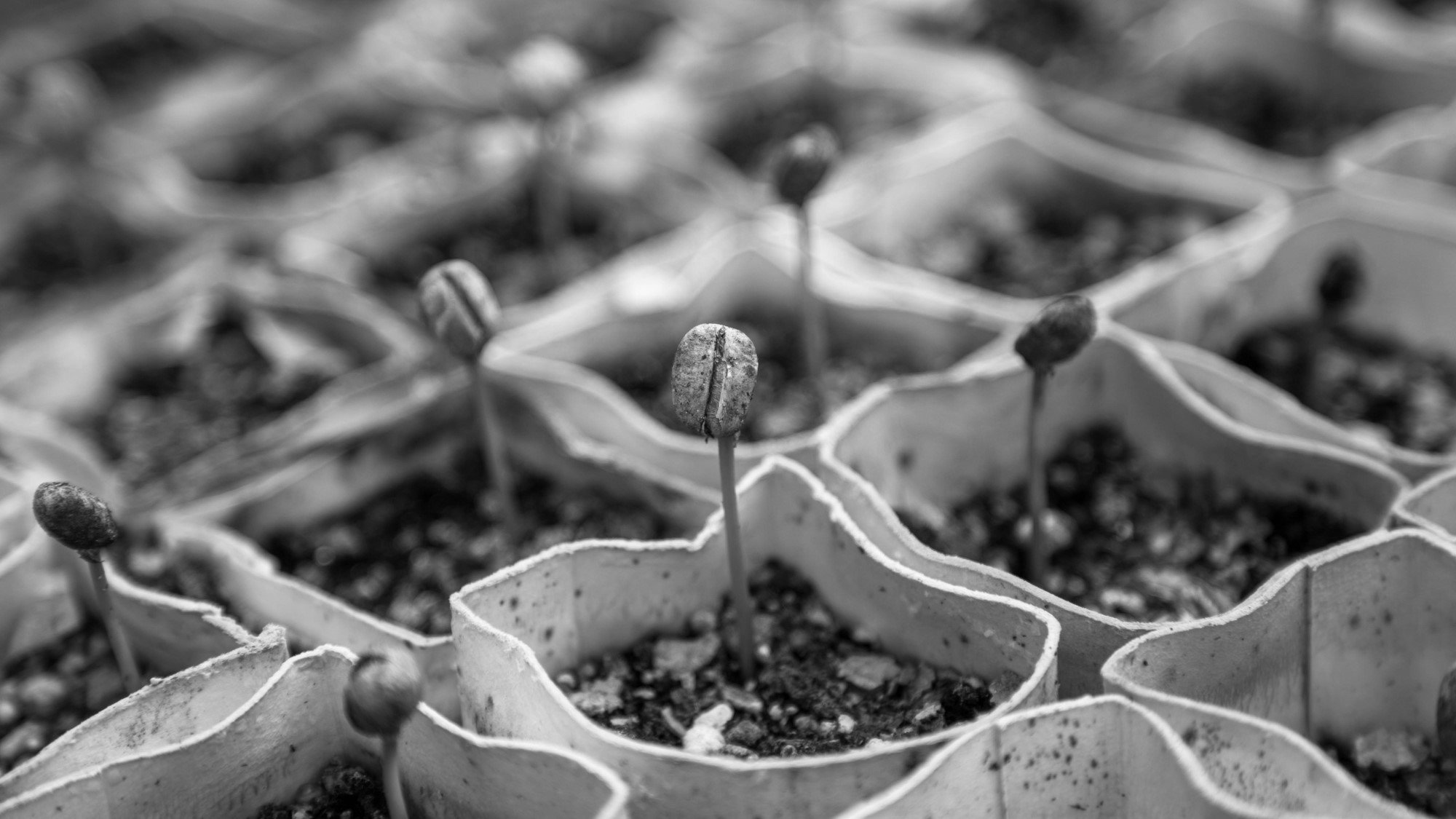
Sep 22, 2023 Can the Coffee Change Fund Save Coffee? Sep 22, 2023 Sep 22, 2023
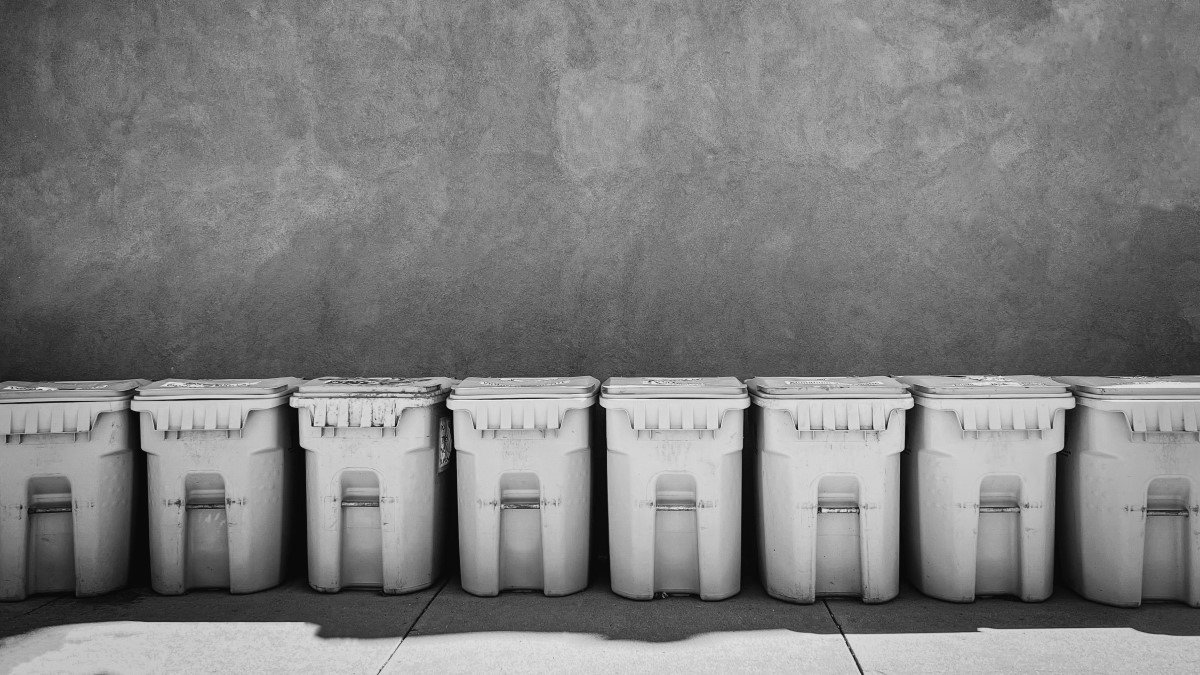
Sep 8, 2023 Upcycled Coffeewashing Sep 8, 2023 Sep 8, 2023
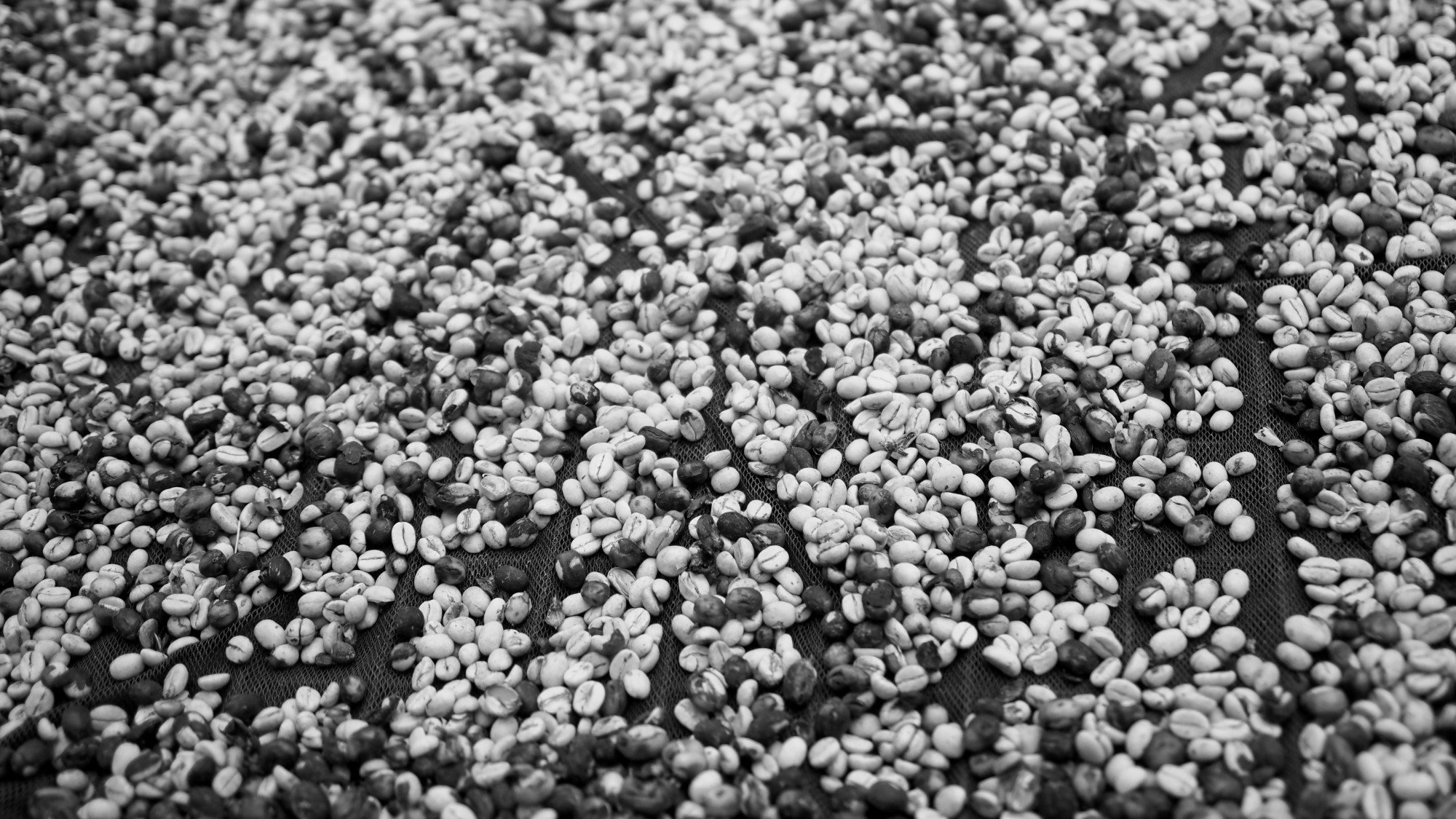
Aug 25, 2023 From A Concerned Farmer Aug 25, 2023 Aug 25, 2023

Aug 11, 2023 Philly is a (Coffee) Union Town Aug 11, 2023 Aug 11, 2023
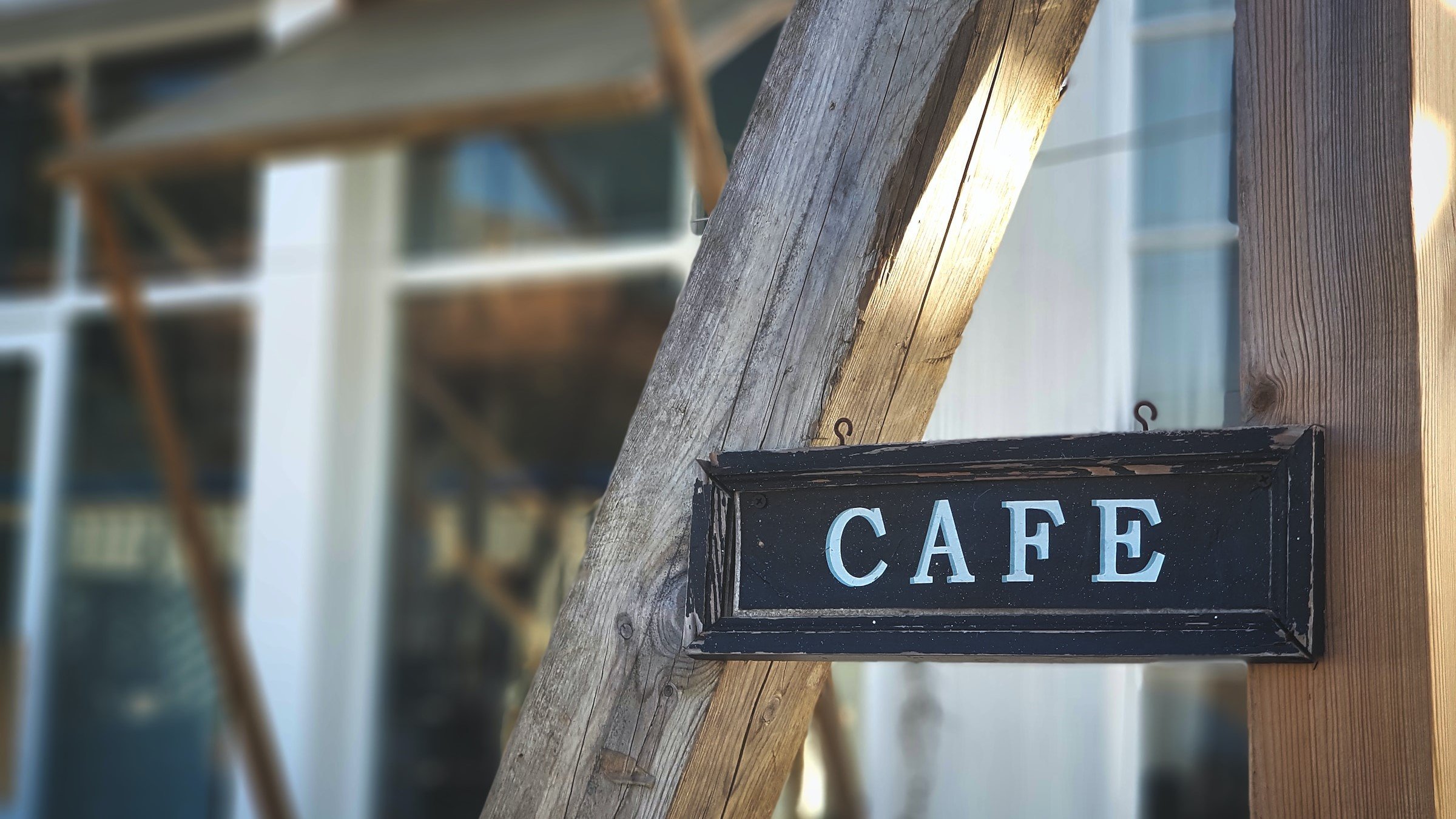
Jul 28, 2023 South Korea's Coffee Wars Jul 28, 2023 Jul 28, 2023
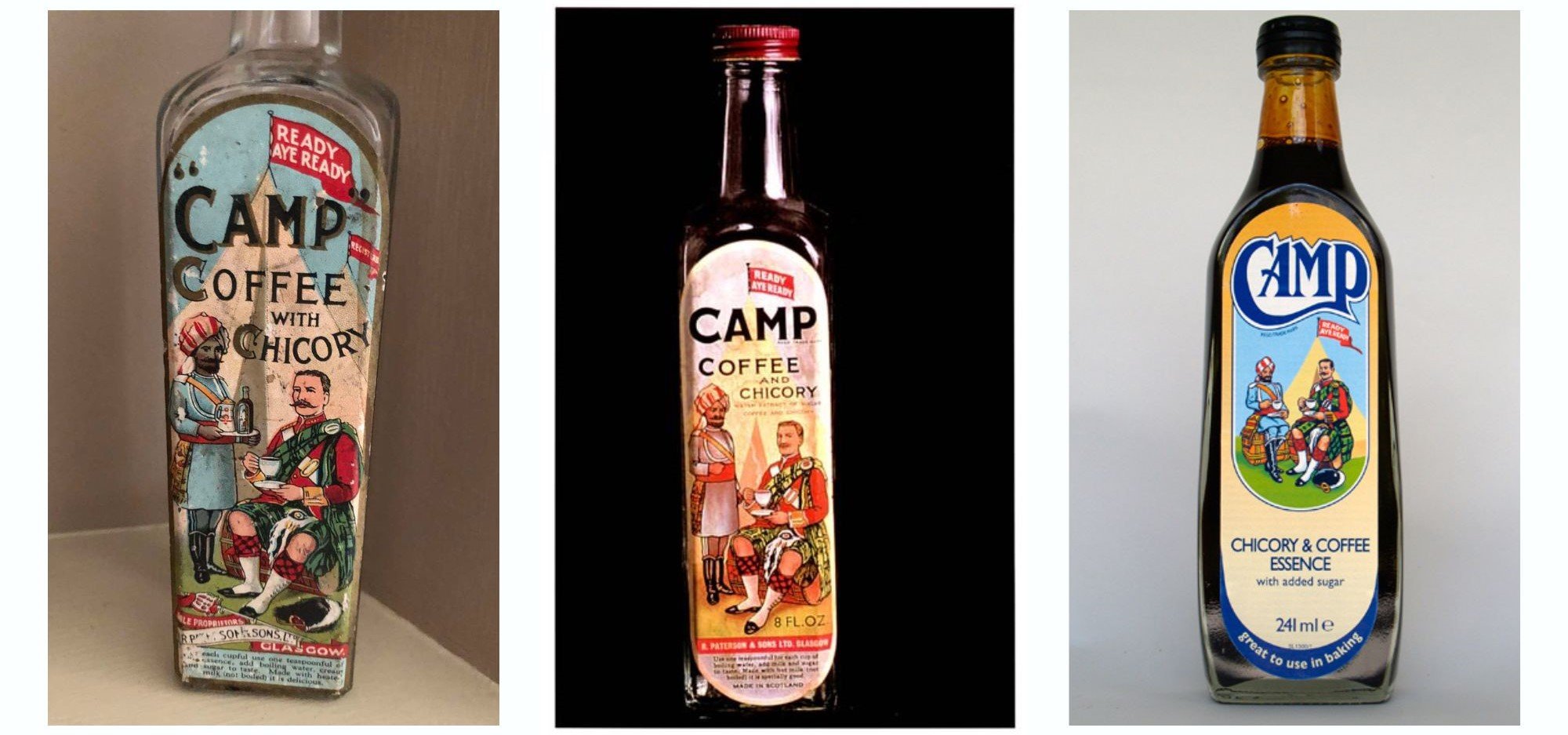
Jul 14, 2023 Camp Coffee, Colonialism, and the Evolution of a Brand Jul 14, 2023 Jul 14, 2023
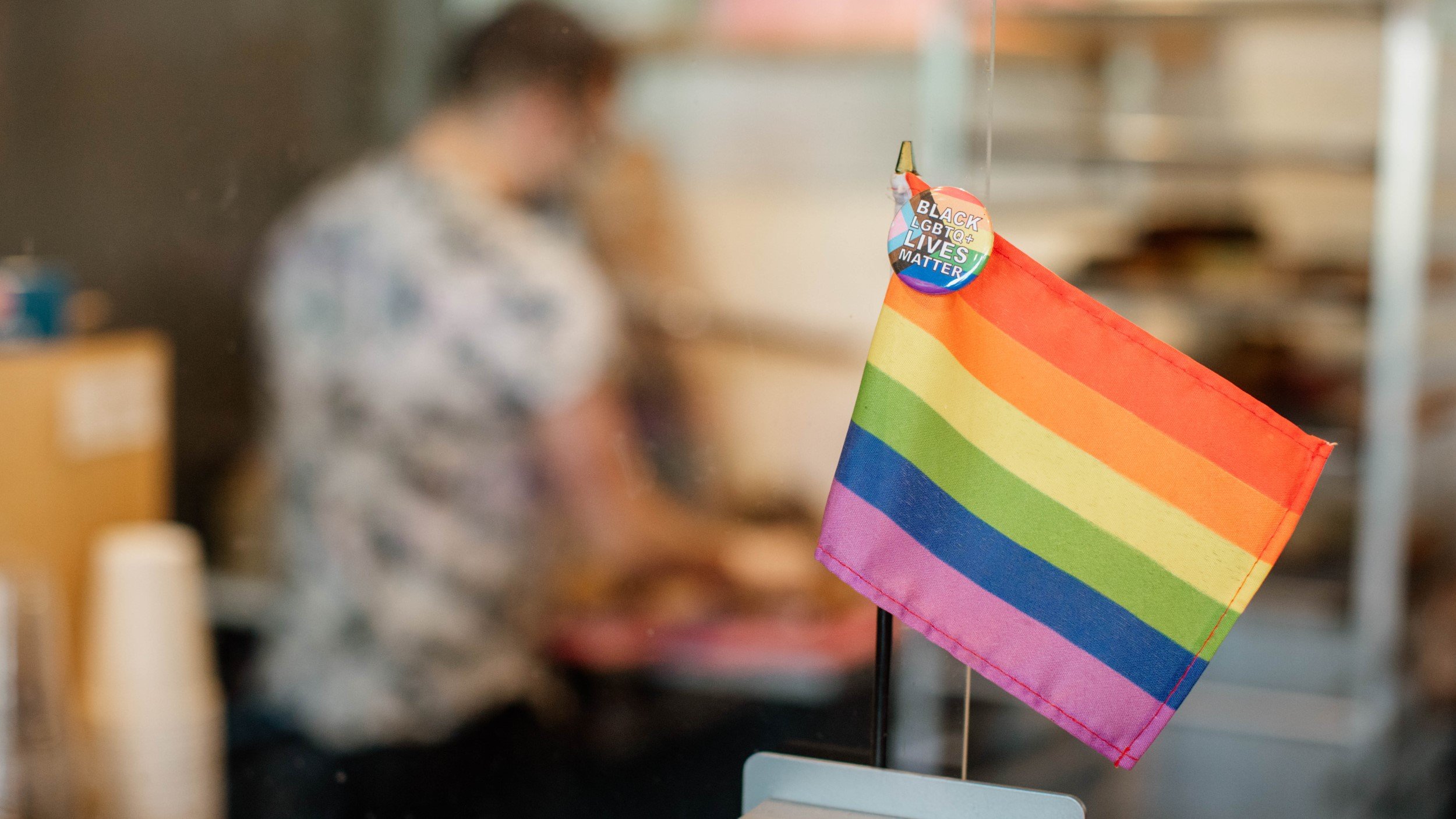
Jun 30, 2023 Defiance and Gay Frog Donuts: How Strange Matter Coffee is Navigating the Anti-LGBTQ+ Backlash Jun 30, 2023 Jun 30, 2023
A newsletter about coffee—its culture, politics, and how it connects to the wider world.